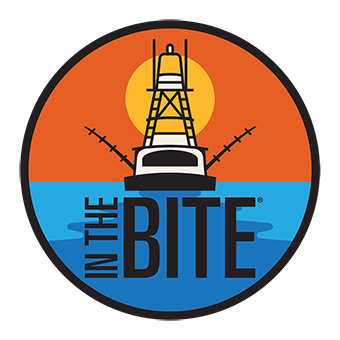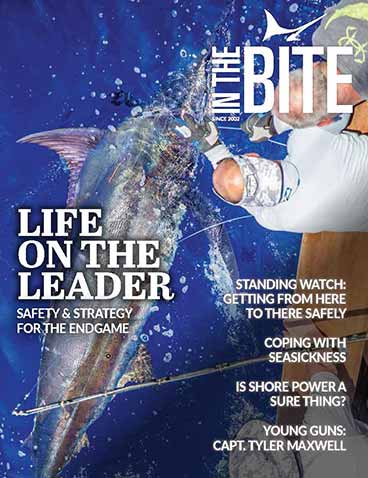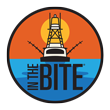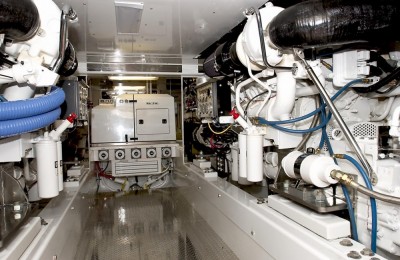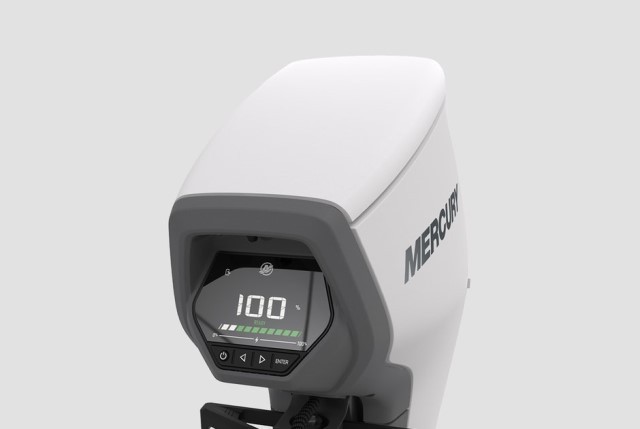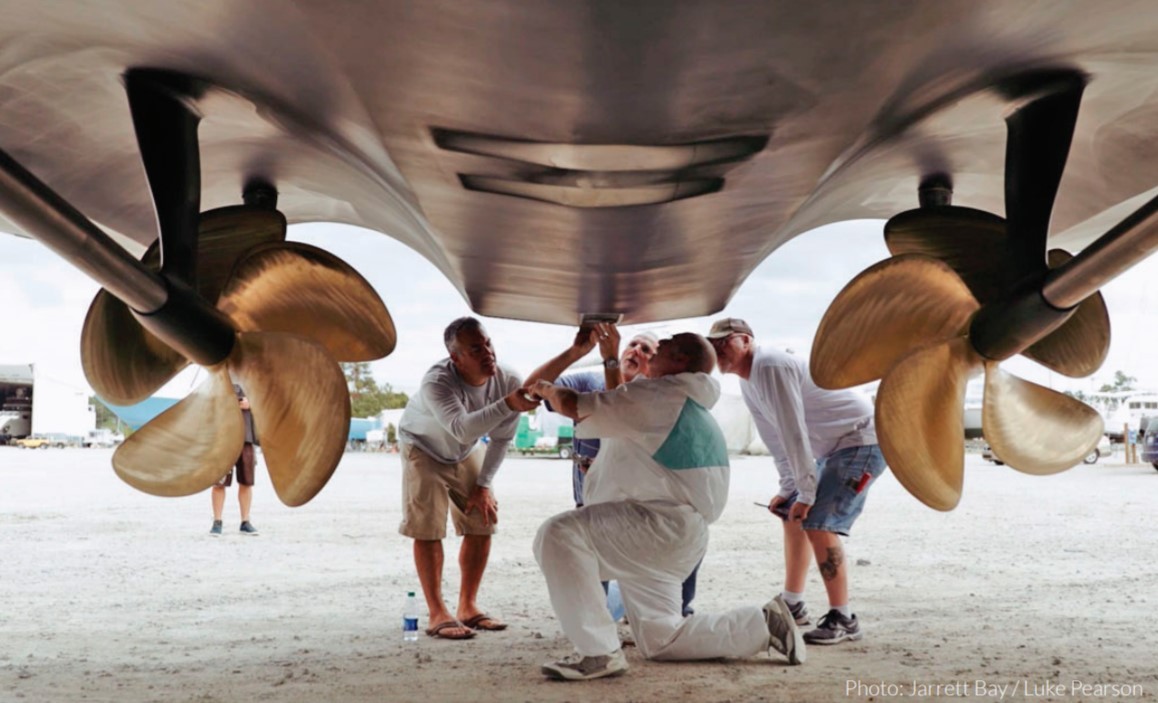Immediate Maintenance for Overheating
Any captain worth his salt will change the impellers on his engines on a regular schedule to keep them from failing. Replacing these little guys at the dock is vastly preferable to changing them at sea after a failure, as unexpected repairs are not only unwelcome but can also be potentially dangerous. But there is another inevitable issue that quietly builds within the tubing and channels of the heat exchanger and cooling system of an engine. It called scaling. As cool water runs through the heat exchange systems it will, over time, leave salt and other mineral deposits behind. These deposits will slowly build, just like barnacles or mussels on an untreated hull. The scaling will eventually rob your heat exchangers of their ability to cool the engine coolant and the engine slowly begins to run hotter and hotter. One way to help lower your engine temperature is to have the heat exchanger units flushed with a substance that helps to remove the scale along with anything else that may be clogging the tiny passages in the exchangers. Captain James Heise of Overtemp offers this type of service, stating that he regularly sees improvements between two and 10 degrees as a result of his chemical flush. It an eight- to 10-hour service [for twin engines]. I also clean your saltwater cooling systems, transmission cooler and everything else in the saltwater loop, Heise says. He recommends that a heat exchanger flush be performed every 500 hours. Heat exchanger flushes are convenient because the boat is only down for a day and never has to leave the dock.
Preventative Maintenance for Overheating
Brian McNeal from Ace Marine also emphasizes the need for preventative maintenance. Removing the heat exchangers every two years is a part of that maintenance. McNeal states, It would be wise to pull the coolers off every two years or 1,000 hours and have them properly cleaned. This means removing the heat exchangers from the engines, having them manually scrubbed or cleaned in a boil or ultrasonic tank, new gaskets and O-rings installed, coolant tubes inspected and cleaned, mating surfaces smoothed and painted and everything reassembled. This might not sound like truly preventative maintenance, but it certainly is when compared to the problems that can happen if it ignored. If this removal and cleaning is overlooked, there may well be additional repairs to be done at a much higher cost. John Bowen from Elite Diesel cautions that over time, salt water will eventually begin to corrode the mating surfaces of the heat exchangers. When a problem with overheating does surface, the heat exchangers will be nearly fused to the engine. They will need to be pried apart and will never go back together properly. A whole new assembly will be needed, and on some engines this is a five-figure repair bill. That why Bowan says, There no substitute for good preventive maintenance.
Coolant Maintenance
Another factor to consider in the proper operation of a heat exchanger is the coolant. In time, the ability of a coolant to perform diminishes and can cause problems. Newer extended life coolants that are free of nitrates actually contain high levels of solids. These solids will tend to chemically bond to the metal passageways through which they circulate. The solids seek out cool metal, rather than hot, with which to bond. Thus, old coolant will eventually begin to scale on the saltwater side of the cooling system. This will cause the exchange of heat to cease, and it literally becomes an insulator instead. The absence of heat exchange can cause some major problems to your powerplants. The next time you notice a change in engine temperature, dont ignore it. A slowly increasing temperature reading can lead to an expensive chain of failures. All it takes is some good preventive maintenance and a watchful eye on the instruments.
Ideal Maintenance Schedule:
- Annually: replace impellers
- Every 500 hours: chemical flush and coolant inspection
- Every 1,000 hours or Two Years: heat exchanger removal and cleaning
- Every Two Years: new coolant
FOR MORE INFORMATION Ace Marine Diesel www.accemarinediesel.com 772-564-7070 Elite Diesel Service www.elitedieselservice.com 281-535-0200 Overtemp Marine www.overtemp.com 800-727-2304
